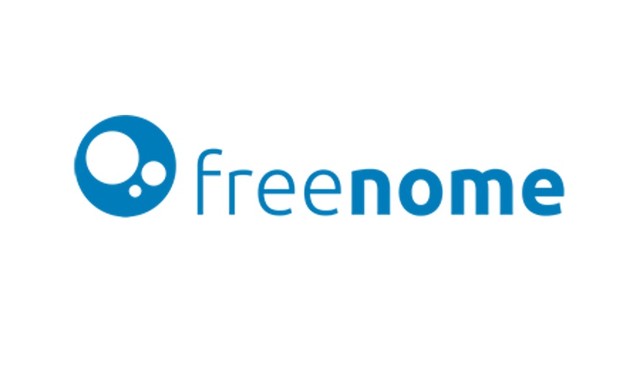Institut Curie and Freenome announce a strategic collaboration in cell-free DNA analysis using machine learning technology

In recent years so-called liquid biopsies have established the possibility of detecting circulating fragments of tumor DNA (ctDNA) and circulating tumor cells (CTCs) in the blood of patients with cancer. Institut Curie has been a pioneer in the field since the late 90’s with the first program on disseminated tumor cell (DTC) detection in the bone marrow of patients with early breast cancer. Since then, Institut Curie’s Circulating Tumor Biomarkers Laboratory has developed numerous innovative ctDNA techniques (ddPCR and NGS-based techniques).
Meanwhile, Freenome’s breakthrough use of machine learning looks beyond tumor DNA and processes the full range of cell-free (cf) biomarkers in the blood. By assembling an ever-expanding library of cell-free disease signatures, Freenome is developing a range of non-invasive blood tests for the early detection of cancer and early prediction of response to various oncology therapies. As a first step in this collaboration with Institut Curie, Freenome will analyze samples from the Analysis of Circulating Tumor Markers in the Blood (ALCINA) Trial, an umbrella trial allowing assessment of different circulating biomarkers and their correlation with clinical and pathological characteristics pertaining to response to PD-1 inhibitors alone and in combination with other therapies.
“Our machine learning scientists and molecular biologists are evaluating the cell-free genome – given 60-80%1,2,3 of cfDNA comes from immune cells – and other analytes. These provide a more complete picture of the dynamic interaction between the tumor and its environment,” said Blandine Merino, VP of Business Development at Freenome. “Our approach incorporates a variety of biological signals, such as genomic, proteomic and epigenetic changes, providing new insights into possible mechanisms of resistance and guiding treatment selection for patients.”
There is currently a high unmet need for biomarkers with high sensitivity and specificity for response prediction in immuno-oncology. The analysis of these data could open the way to new targets in precision oncology and improve therapeutic decision-making, particularly with the limitations associated with current approaches such as PD-L1 expression testing and assessing tumor mutational burden. Freenome’s tests would help to identify patients who are more likely to respond to PD-1 inhibitors; currently, approximately 80% of advanced non-small-cell lung cancer, for example, do not respond to PD-1 inhibitors.4,5
According to Pr. François-Clement Bidard, Principal Investigator at Institut Curie, “Freenome is developing a novel approach which could revolutionize the way we analyze cell-free biomarkers for patients with cancer treated with immunotherapy; this approach complements a pipeline of innovative research projects that is ongoing at Institut Curie Circulating Tumor Biomarkers Laboratory.”
Amaury Martin, Head of Institut Curie Technology Transfer and Industrial Partnerships Office and Director of the Institut Carnot Curie Cancer, added, “This agreement is one of the first at the Institut Curie with a company specializing in both cell free biomarkers and applying machine learning to large data sets. The Institut Curie MC21 strategic plan has identified innovation around liquid biopsy and big data as a major axis of medical-scientific research. With the arrival of a Data Director, Institut Curie, through its Carnot Institute, is determined to take a leading position in this key area for personalized medicine in oncology. The technologies developed by Freenome will fully benefit our patients and its access within the Institute will speed up future collaborations for developing and validating predictive tests.
